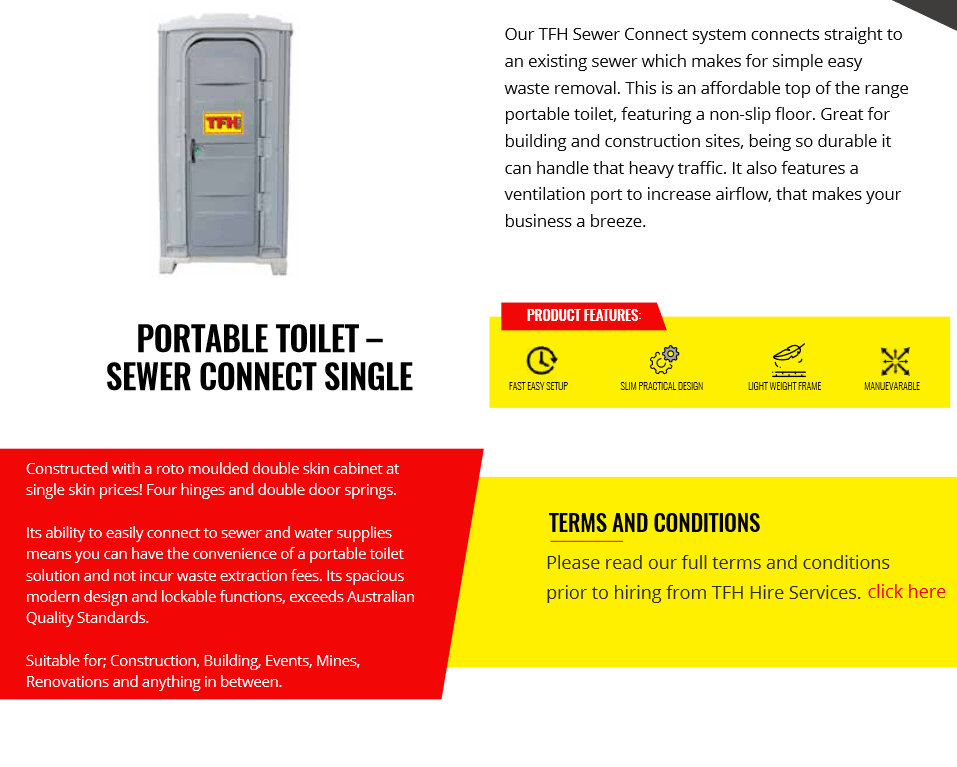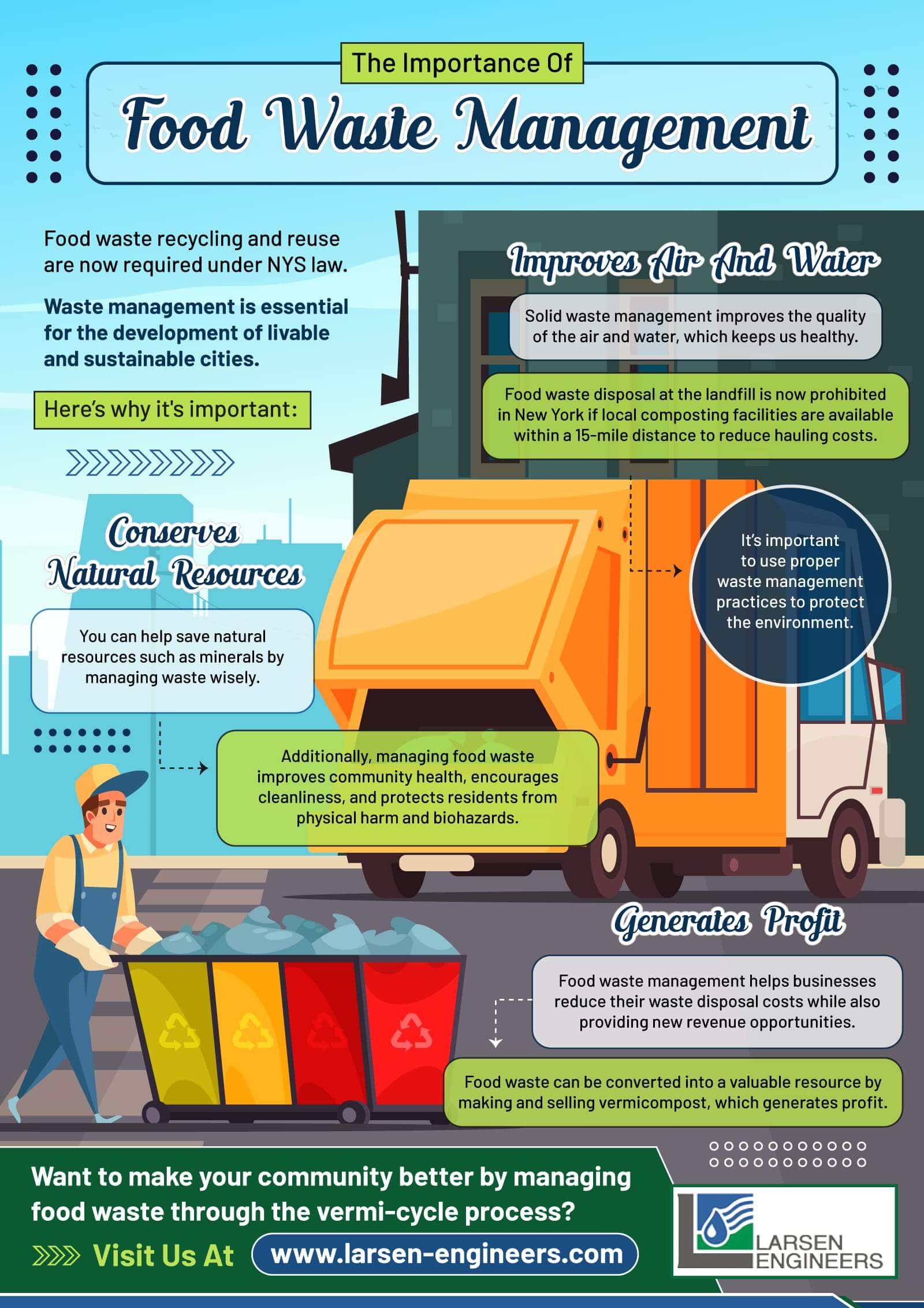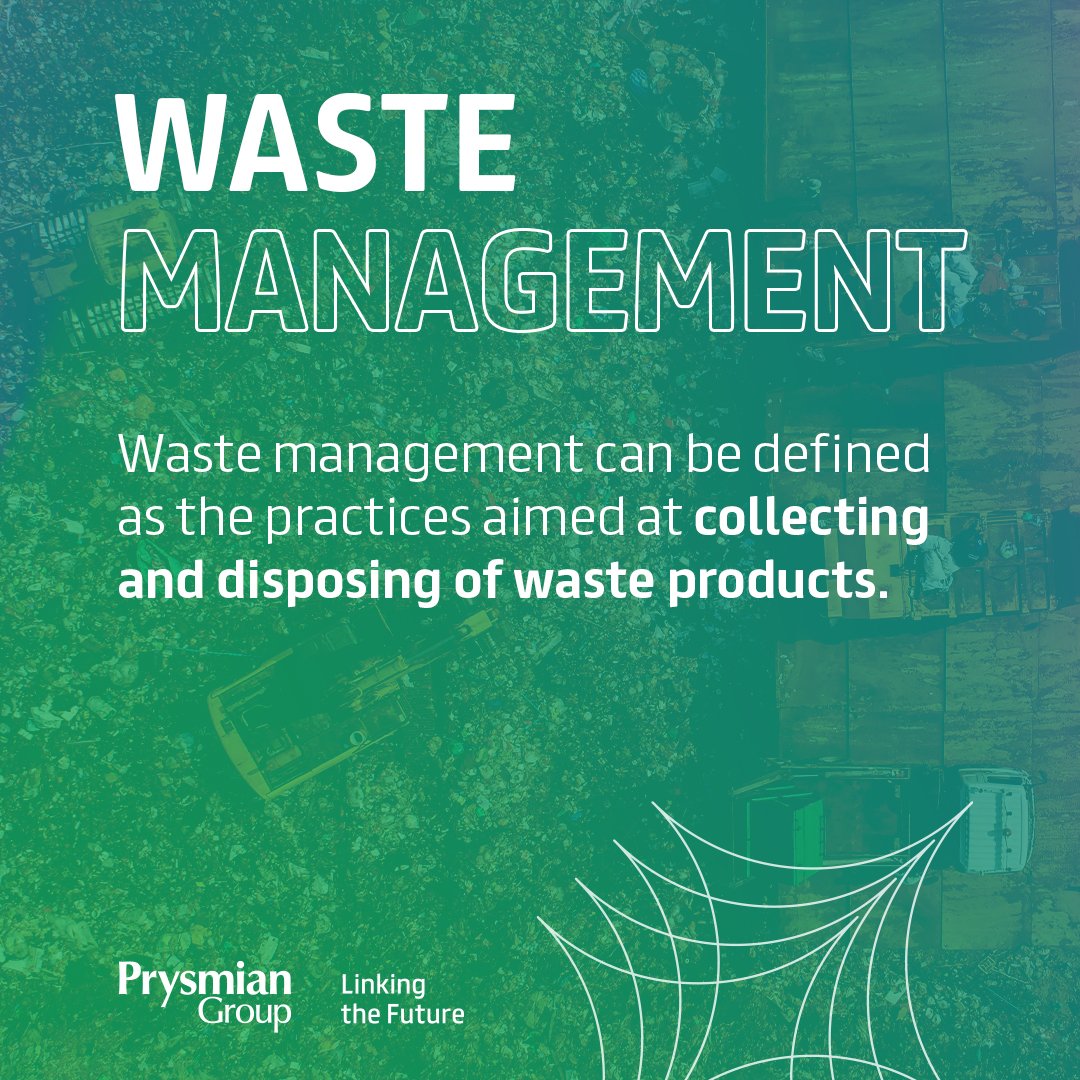Some Known Details About Reclaim Waste
Some Known Details About Reclaim Waste
Blog Article
Little Known Facts About Reclaim Waste.
Table of ContentsReclaim Waste Fundamentals ExplainedMore About Reclaim WasteThe Only Guide to Reclaim WasteWhat Does Reclaim Waste Mean?The Buzz on Reclaim WasteExamine This Report about Reclaim Waste

Never ever put damaging substances down sinks, commodes or stormwater drains pipes Compounds including gas, oil, oil, pesticides and herbicides, and solvents such as paint strippers must not be poured down sinks, bathrooms or stormwater drains pipes. These substances are difficult to get rid of in the sewer therapy procedure and trigger contamination issues in our local waterways.

Liquid waste is a term that covers a broad range of products, there's an excellent reason why leaving its disposal to the specialists is recommended. Liquid waste is non-solid product that has no additional use and has to be dealt with and disposed of according to neighborhood, state and federal regulations.
Top Guidelines Of Reclaim Waste
Instances of liquid waste can include wastewater, fats, oils or oil, utilized oil, liquids, solids, gases or sludges and unsafe home fluids, there are some that are considered to be much more unsafe than others when it comes to the setting and the wellness of animals and people alike. It's therefore that each state and area have actually strict regulations linked to liquid waste administration.
Liquid waste can be kept in holding storage tanks or packaged in drums, intermediate bulk containers or authorized small containers before either being dealt with or eliminated via outsourced vacuum cleaner vehicles. Provided the nature of the products, fluid waste can not go in the general waste stream and there are rigorous policies on exactly how to take care of it appropriately.
(https://writeablog.net/reclaimwaste1/reclaiming-resources-a-comprehensive-guide-to-industrial-wastewater-treatment)Relying on a decision of the level of risk, it might be required to remediate those sites. On top of that, unsafe fluid chemical wastes are controlled waste and has to be tracked based on the state waste regulation. Under the chain of custodianship and duties, owners are responsible and responsible for waste created by a business.
Among the core applications for superabsorbent polymers (SAPs) is fluid waste solidification. liquid waste disposal melbourne. SAPs are used by waste administration experts to prevent potentially unsafe liquids from getting in waterways, groundwater aquifers, and other delicate environments. Because liquids can rapidly carry pollutants right into ecological receptors and potentially add to geotechnical failings, fluid wastes are usually restricted from disposal in landfills
Facts About Reclaim Waste Revealed
Essentially, free liquids are liquids that separate from the strong part of waste product. Liquid waste can consist of the following: HDD mud and cuttings Garbage dump leachate Wastewater treatment sludge & biosolids Dug up debris Oil and gas drill cuttings Clearing up pond filth Hydro Excavation slurry Coal combustion residuals/ash Storage tank base sludge Concrete grinding/polishing slurry Related Article: For a sensible example of complimentary fluids dividing from waste product, think about the adhering to scenario: A waste administration professional tons a dump truck with sludge from a wastewater therapy plant's aeration basin, during a routine upkeep occasion.
When the motorist gets here at the landfill, he notices water seeping from the sludge and pouring from the dump vehicle. The tons was declined by the landfill and the vehicle driver was compelled to dispose of the waste as a liquid waste at an unique facility, which increased the disposal charges tremendously.
The world is drowning in rubbish and we can not pay for to be irresponsible anymore. We have to act and reuse whatever we can anywhere we can. We also require to be liable for the correct disposal of our waste materials. It is not enough that we pay waste disposal companies to care for our rubbish.
Some Ideas on Reclaim Waste You Need To Know

Segregating your waste can start inside the home. Segregate completely dry and fluid waste as well as edible waste, biodegradable and non-biodegradable products.
Layer the base with soil to absorb the damp waste. Layer the compost with wet and browse around this site dry waste as well as dirt to preserve a balance between the damp and the dry.
Reclaim Waste - Truths
To help with faster decomposition, you can also include semi composted soil to the garden compost. If you observe the scent is coming to be also solid, add extra papers and paper waste or add more holes to the compost container to keep the balance of the waste materials.
We also require to be liable for the proper disposal of our waste materials. It is not sufficient that we pay waste disposal firms to take care of our rubbish.
Our waste, our responsibility. Have you ever before questioned what occurs to your fluid waste after it's collected? Did you understand that liquid waste can be reused?
The Best Guide To Reclaim Waste
Segregating your waste can begin inside the home. Segregate dry and liquid waste as well as edible waste, biodegradable and non-biodegradable products.
You can utilize old garbage can, pail, yard pot or old plastic drums. Drill 4 to five openings in the container so the air can circulate. Layer all-time low with soil to take in the damp waste. Start the composting procedure. Layer the garden compost with wet and dry waste as well as soil to maintain a balance between the wet and the completely dry.
To help with faster decay, you can also include semi composted soil to the compost. If you notice the odor is coming to be as well strong, include added papers and paper waste or include even more holes to the garden compost bin to maintain the balance of the waste products.
Report this page